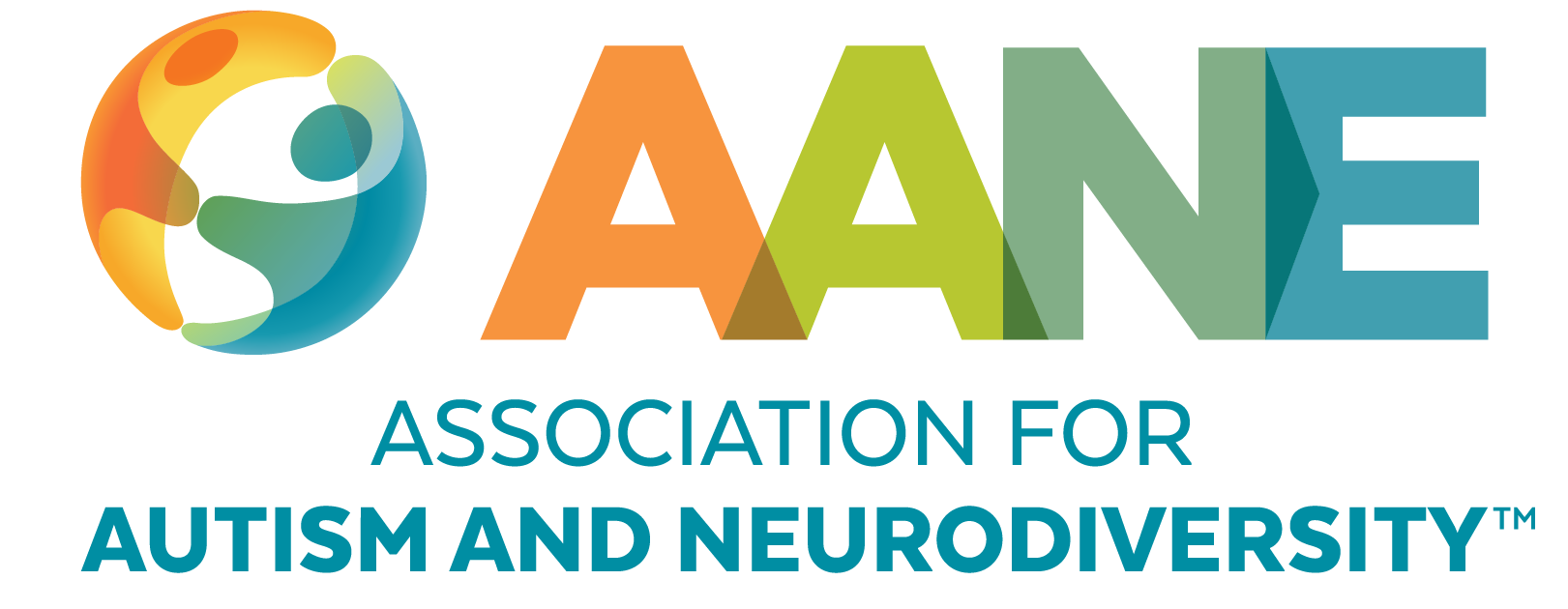
The Intersection of Autism and Trauma
About the Author
Janet Barbieri, MSW, LICSW has a BA in social work and psychology, and earned a master’s in social work specializing in the provision of clinical mental health services. She has held numerous roles in therapeutic day and residential school settings in both New York and Massachusetts, dedicating her clinical practice to supporting neurodivergent teens and young adults and their families.
If you are experiencing an emergency, contact 911 or go to your nearest emergency department.
Additional Crisis Resources:
988 National Suicide and Crisis Lifeline:
- Dial 988 (For TTY Users: Use your preferred relay service or dial 711 then 988)
- Nacional de Prevención del Suicidio: (888) 628-9454
- Chat Online
The Trevor Project (LGBTQ+ support): 1-866-488-7386

Warning: This article discusses trauma and responses to trauma.
Trauma is an all too common experience for Autistic folks. Traumatic events can include natural disasters, abuse, neglect, war, death, loss, and witnessing violence. At AANE we frequently hear Autistic adults & teens, and their loved ones share the effects of traumatic events such as bullying, emotional and physical abuse, sexual assault, and medical trauma. For Autistic individuals, the stigma, marginalization and misconceptions about autism can underpin many traumatic experiences. If you or a loved one have had similar experiences, you are not alone.
Given how common trauma is for Autistic individuals, utilizing both a neurodiversity-informed and a trauma-informed lens when understanding and supporting Autistic individuals is critical.
What is Trauma?
There are many ways to define trauma. There are specific definitions of trauma used by medical and behavioral health professionals to diagnose mental health conditions. For our purposes, we will define trauma as a response to a deeply distressing event that causes feelings of helplessness and threatens someone’s safety or causes someone to believe that their safety is at risk.
Trauma is an individualized experience. What one person experiences as traumatic may be different from another individual. If you are a parent or family member of an Autistic individual, it is imperative to listen to the person and observe their behavior instead of making assumptions about what events constitute a traumatic event.
Responses to Trauma
All of us have a built-in alarm system. This alarm system helps us notice and respond to threats. For many individuals who have experienced trauma, their alarm system may become overactive. Though they may not be in immediate, imminent danger, their body and brain may react as if they are in a life threatening situation. Otherwise benign stimuli, like a sound, a smell, or a particular time of day, could trigger a trauma response. When your child’s alarm system is activated, you might see responses that fall into a few categories:
Fight
- Hitting
- Kicking
- Yelling
Flight
- Difficulty attending school
- Leaving designated areas, such as classrooms
- Disengagement from school demands, such as homework or classroom assignments
Freeze
- Shutting down
- Disengagement
- Becoming quiet
When having a trauma reaction, the body’s alarm system triggers our flight, flight, and freeze responses. This is our brain’s way of trying to keep us safe, trying to ensure that we never experience what we did before. Some of these responses can cause great concern and fear, particularly if these responses pose additional risks to safety or wellbeing. It is important to remember that your child is not engaging in “manipulative” or “attention-seeking behaviors.” Your child is trying to get their needs met and their behavior communicates what that need is. Consider reframing “attention-seeking behavior” as a deep need for connection and care from the adults and caregivers in their life. Instead of viewing “manipulative behavior” as a way out of chores or homework, notice your child’s need for a break or reduced demand. Your child’s alarm system may be working non-stop, scanning for possible threats. Imagine how exhausting it would be existing in a state of constant fear, worry, and stress.
Impacts of Trauma
Each individual’s response to trauma will be different. Some common experiences immediately following a traumatic event are shock and denial. Traumatic events can also have lasting impacts on mental health and well-being. It can impact how someone views themselves and the world around them and change the way a person’s brain and body responds to its environment. Individuals who experience a traumatic event(s) may develop post-traumatic stress disorder (PTSD) or other mental health concerns, such as mood disorders like depression, other anxiety disorders, or substance use concerns.
Proactive Strategies
There are many things parents and family members can do to help Autistic individuals lessen the potential effect of trauma.
- Empower Autistic self-advocacy. We all need support from others to get our needs met. Be transparent with your children that at times you rely on others for help. Normalize interdependence and dispel the idea that being an adult means “doing it all on our own.” Model and practice communicating those needs to trusted family or friends.
- Acknowledge and validate the experiences of your Autistic child. Dismissing, invalidating, or disempowering Autistic children expressing a need can lead to reduced self-advocacy in other areas of their life. Diminishing an Autistic individual’s confidence in their voice can lead to increased risk and vulnerability, potentially making them less likely to communicate a need or concern in the future.
- Advocate for inclusion and acceptance. Bullying and ostracization are some of the most common traumatic experiences Autistic adults and teens disclose. Within the halls of their schools, at the cafeteria table, on the playground, at their job, Autistic individuals frequently endure repeated episodes of exclusion for years. Advocate for policy changes within our institutions that promote inclusion, acceptance, and belonging for Autistic individuals at work and at school.
- Create consistent, reliable environments at home and at school. Trauma can lead to children feeling as though the world is unpredictable and unsafe. To help re-establish a sense of safety for your child, create predictable routines at home and at school, keep the promises you make and follow through on the boundaries you set.
Responsive Strategies
When an Autistic individual shows the signs of reacting to trauma, there are ways you can help turn the alarm off.
- Avoid rationalizing and reasoning with your child in these moments. Remember if the alarm system is activated, the parts of their brain that execute brain functions like understanding and interpreting language, problem-solving and reasoning are offline. Limit your use of words.
- Help them regulate their physiological response. For instance, focus on regulating their heart rate and breathing and consider trying sensory strategies like turning the lights down, grabbing a weighted blanket, turning music on, stepping outside to feel cold air, holding a cold item, like a soda can, from your fridge.
- Notice your own response. Pay attention to your tone of voice, your volume of voice. How are you holding your body? A position like having your arms folded across your chest could be interpreted as threatening. Try to keep an open body stance and a neutral, calm tone, and volume of voice. You may also notice your own heightened physiological response. Maybe your heart is racing, or your shoulders are tightened. Having your own stress response in these moments is normal and expected.
Caring for Yourself
Notice and respond to your needs, too. It can be challenging, and if we’re being honest, at times, maybe impossible, to care for yourself when also caring for your children, and yet it is so important to notice and respond to your needs as you would your children’s. Show yourself that same compassion, and take advantage of even the smallest moments to do the things that feel restorative for you. No, you don’t have to exercise, meditate, or eat a raw, kale salad. There is no right or wrong way to take care of yourself. Follow your instincts and do what feels restorative to you.
Find community and seek professional help. If you or someone you love is struggling with mental health concerns as a result of trauma, consider working with a therapist and finding a community of peer support. You’re not alone.
Stay Current
Subscribe for AANE weekly emails, monthly news, updates, and more!






